SUGGESTIONS TO CONGRATULATE
HAPPY MOTHER´S DAY



















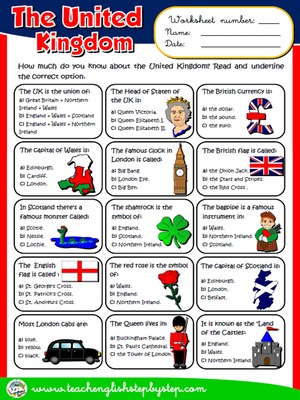




La Semana Sa nta en Reino Unido
nta en Reino Unido
 nta en Reino Unido
nta en Reino Unido







For beginners
some
|
any
| |
The noun
|
o countable nouns are in plural form
o uncountable nouns are in singular form
|
o countable nouns are in plural form
o uncountable nouns are in singular form
|
The sentence
|
affirmative statements
|
in questions and negative sentences
or in sentences with one of these words: without, never, seldom, rarely, hardly, …
|
Example
|
o I have got some friends.
o Mary does some housework every day.
|
o Did Larry buy any candles?
o Kevin doesn’t eat any cheese.
|
1) There are apples in my basket.
|  |
2) Do you buy books?
|  |
3) There isn’t milk at home.
|  |
4) I eat soup.
|  |
5) These are pens.
|  |
6) Have they got money?
| 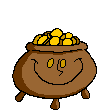 |
7) I am writing tests today.
|  |
8) You can’t read newspapers in this café.
|  |
9) Do you collect stickers?
|  |
10) children are sitting in the park.
| 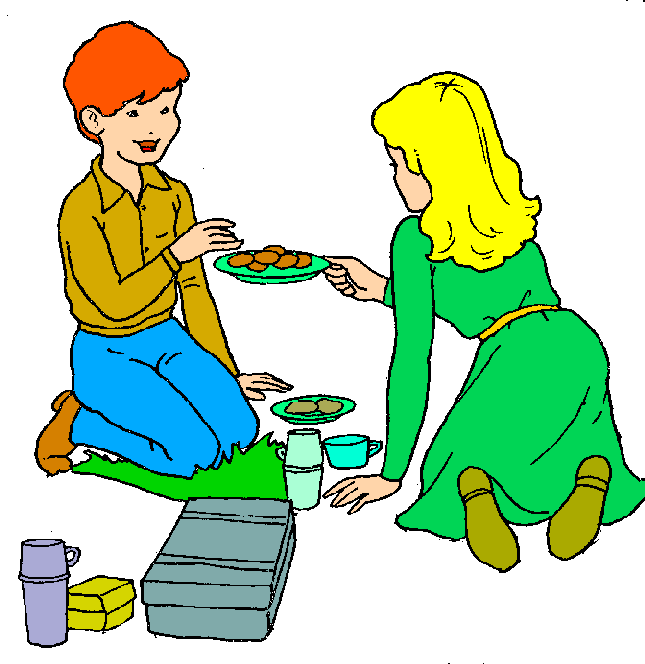 |
11) My son has homework.
|  |
12) Does her daughter listen to music?
|  |
13) Are there films on TV?
| 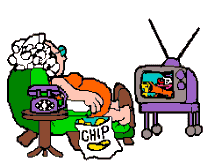 |
14) Sssh! There’s noise outside.
| |
15) There aren’t cats in the garden.
|
Write the correct determiner (some or any) into the sentences.
1) Grandpa gave chocolate to the kids.
| |
2) Mike hasn’t got mugs.
|  |
3) My friends never paint pictures.
| |
4) There’s sand in my shoes.
| |
5) Steve did his homework without help.
|  |
6) Paul is thinking of good memories.
| |
7) We often eat ham for breakfast.
| 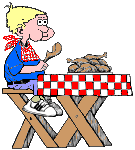 |
8) Diane keeps photos in her bag.
| |
9) There’s hardly honey in the jar.
| 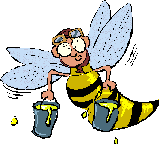 |
10) I can rarely take photos because I haven’t got a camera.
| |
11) Susan has coffee and cake in the afternoons.
|  |
12) Did you buy butter yesterday?
| |
13) They have surprises for us.
| |
14) We seldom pick flowers.
| 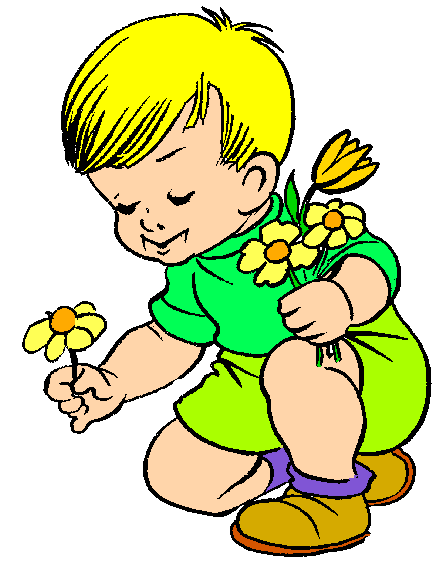 |
15) I need advice.
|
Put a tick ( ) next to the correct word.
) next to the correct word.






EASY VIDEOS WITH SUBTITLES II: THE FISHERMAN AND HIS WIFE
Improving your listening skills can be easy watching some cartoons. The following is an example from a traditional folktale: THE FISHERMAN AND HIS WIFE.
Before watching it, it is a good idea to check for the vocabulary and answer the questions:
Before watching it, it is a good idea to check for the vocabulary and answer the questions:
- Angry: enfadada
- Filthy: sucio/a
- Hut: choza
- It makes me sick: me pone enfermo/a
- Complain: quejarse
- Stinky: pestilente
- Cliff: acantilado
- Tightly: con fuerza
- Pull: tirar
- Hook: gancho
- Flounder: platija
- Rush: apresurarse
- Let it go: dejar marchar
- Poor and hungry: pobre y hambriento
- Hesitate: dudar
- Wooden: de madera
- Throne: trono
- Pray: rezar
- Dare: atreverse. How dare the sun rise: Cómo se atreve el sol a amanecer?
- Almighty: todopoderoso
- Risk: arriesgar
- Realise: darse cuenta
ANSWER THE QUESTIONS
- What did the fisherman find?
- What did the wife want to ask the fish first?
- What furniture did the cottage have?
- What coulour was the water on the second day?
- Was the wife happy as a queen?
- What did she have on her head?
- What did the wife want to control?
- What was the last wish?
- Where does happiness lies?
What is the message from this story? Do you agree with it?
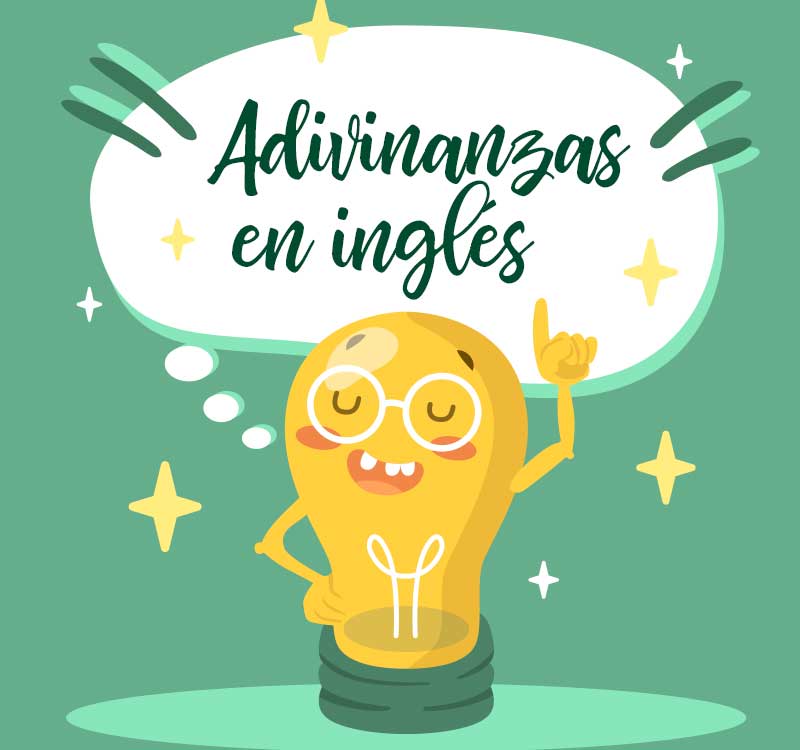
ADIVINANZAS EN INGLÉS
Adivinanza en inglés
-You feed it, it lives,
you give it something to drink, it dies.
you give it something to drink, it dies.
(Lo alimentas, y vive. le das algo para beber, y muere)
-I am you uncle´s brother,
but I am not your uncle.
Who am I?
Who am I?
(Soy el hermano de tu tío, pero no soy tu tío. ¿Quién soy?)
-What has a head and a tail, but no body?
(¿Qué tiene cabeza y cola, pero no cuerpo?)
Explicación: En inglés a la cara y cruz de las monedas se les dice head (cara) and tail (cruz)
-What occurs twice in a week,
once in a year
but never in a day?
but never in a day?
(¿Qué ocurre dos veces en la semana, una en el año, pero ninguna en el día? Solución: La letra E)

-A box without hinges, key or lid.
Yet golden treasure inside is hid.
Yet golden treasure inside is hid.
(Una caja sin bisagras, llave o tapas. Sin embargo, en el interior un tesoro de oro está escondido)
https://drive.google.com/open?id=1Jvdu2T5H9aV7aQRdKywazh3XB_jmyn-p
https://drive.google.com/open?id=1Jvdu2T5H9aV7aQRdKywazh3XB_jmyn-p
ALPHABET GAME: VOCABULARY REVISION
The following ALPHABET GAME activity can help you to revise the vocabulary of the first units: body parts, numbers, family members, adjectives to describe people and so on.
Games can be great to improve, learn and revise English!
Enjoy it
Click here

Trabalenguas fáciles en inglés para niños
Trabalenguas en inglés de ovejas
Sanjeev’s sixth sheep is sick
Trabalenguas en inglés del helado
I scream, you scream, we all scream for ice cream!
Trabalenguas en inglés de Nueva York
Knife and a fork, bottle and a cork, that is the way you spell New York
Trabalenguas en inglés con la s
I saw Susie sitting in a shoe shine shop
Trabalenguas en inglés con la m y la r
Merry Mary merrily married merry man
Trabalenguas en inglés del pescado frito
Fresh fried fish, fish fresh fried, fried fish fresh, fish fried fresh
Trabalenguas en inglés «Yo vi una sierra»
I saw a saw that could out saw any other saw I ever saw
Trabalenguas en inglés del camión
Red lorry, yellow lorry, red lorry, yellow lorry
Trabalenguas en inglés de los palillos chinos
Top chopstick shops stock top chopsticks
Trabalenguas en inglés con sh e i
Sheena needs, Sheila leads

No hay comentarios:
Publicar un comentario